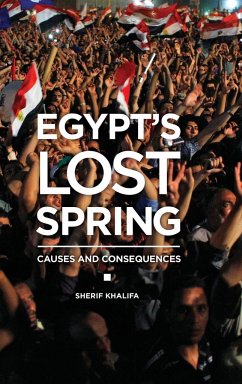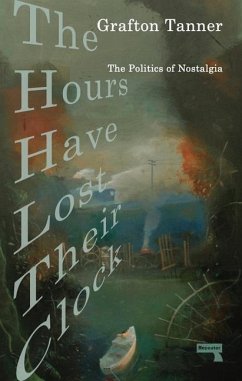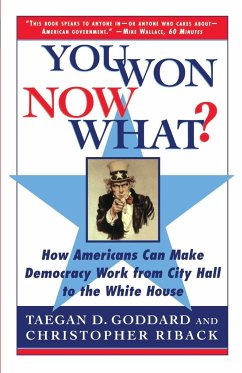
How Wars are Won and Lost
Vulnerability and Military Power
This provocative book seeks to answer a most crucial-and embarrassing-question concerning the U.S. military: why the United States is so often stymied in military confrontations with seemingly weaker opponents, despite its "superpower" status. This fascinating book examines a question that continues to puzzle soldiers, statesmen, and scholars: why do major powers-including the ostensible superpower United States-repeatedly perform poorly against seemingly overmatched adversaries? And what can they, and the United States, do to better achieve their military objectives? How Wars are Won and Lost...
This provocative book seeks to answer a most crucial-and embarrassing-question concerning the U.S. military: why the United States is so often stymied in military confrontations with seemingly weaker opponents, despite its "superpower" status. This fascinating book examines a question that continues to puzzle soldiers, statesmen, and scholars: why do major powers-including the ostensible superpower United States-repeatedly perform poorly against seemingly overmatched adversaries? And what can they, and the United States, do to better achieve their military objectives? How Wars are Won and Lost: Vulnerability and Military Power argues that beyond relying solely on overwhelming military might, the United States needs to focus more on exploiting weaknesses in their adversaries-such as national will, resource mobilization, and strategic miscues-just as opposing forces have done to gain advantage over our military efforts. The author tests the "vulnerability theory" by revisiting six conflicts from the Philippine War of 1899-1902 to the ongoing actions in Iraq and Afghanistan, showing again and again that victory often depends more on outthinking the enemy than outmuscling them.













